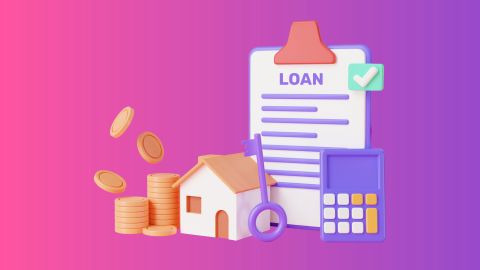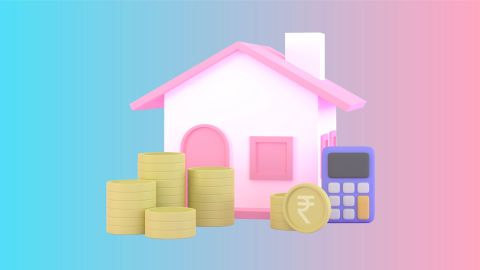House Rent Allowance (HRA) is a significant part of the salary for many employees, especially those living in rented accommodations. It provides tax benefits under Section 10(13A) of the Income Tax Act, 1961. Understanding how to claim HRA while filing ITR can lead to substantial tax savings, ensuring you make the most of your eligible deductions. Proper documentation and awareness of the exemption rules are crucial for maximising these benefits. By effectively managing your HRA claims and exploring additional tax-saving avenues, you can optimise your financial planning and secure a more favourable tax outcome.
Latest Updates and News on Budget 2026: From Tax Regime, HRA to 80C Deduction, Major Changes Are Coming to the Income Tax Act; What Will Change?
Budget 2026 is expected to bring one of the biggest reforms in India’s income tax system in decades. The government is preparing to replace the old Income Tax Act of 1961 with the new Income Tax Act, 2025, which will come into effect from April 1, 2026. This new law aims to simplify complex tax provisions, reduce lengthy sections, and make compliance easier for taxpayers.
All upcoming amendments announced in Budget 2026 will be made directly to the 2025 Act instead of the older law. This shift is designed to create a clearer and more structured tax framework. Taxpayers are especially watching for changes related to the new and old tax regimes, as well as possible updates in exemptions and deductions.
There is strong anticipation around House Rent Allowance (HRA) rules and Section 80C limits. Many experts expect higher deduction limits under 80C to support savings and ease middle-class tax burden. HRA benefits may also see revisions to better match rising rental costs in metro and non-metro cities.
Overall, Budget 2026 could redefine how individuals plan taxes, save money, and choose between tax regimes in the years ahead.
Understanding HRA
HRA is an allowance paid by employers to employees for covering their rental accommodation expenses. It is partially or wholly exempt from taxes under specific conditions. The exemption is calculated based on the least of the following:
- Actual HRA received.
- 50% of salary (basic + DA) for those living in metro cities (40% for non-metro cities).
- Rent paid minus 10% of salary (basic + DA).
Eligibility criteria for claiming HRA
To claim HRA, you must:
- Be living in a rented accommodation.
- Be receiving HRA as part of your salary package.
- Be paying rent to a landlord and not owning the accommodation.
If these conditions are met, you can proceed to claim the HRA exemption while filing your ITR.
Steps to claim HRA while filing ITR
- Collect rent receipts and rental agreement: Ensure you have the rent receipts and a rental agreement as proof of rent payment. Rent receipts should include details such as the landlord’s name, address, rent amount, and payment date.
- Calculate HRA exemption: Use the least of the three criteria mentioned above to calculate your HRA exemption. This calculation helps determine how much of your HRA is exempt from tax.
- Verify Form 16: Your employer provides Form 16, which includes details of your salary, HRA received, and tax deducted at source (TDS). Verify the HRA amount in this form.
- Enter details in ITR Form: Choose the correct ITR form to file your returns. Salaried individuals can either select ITR 1 or ITR 2, depending on their income sources.
- Submit proof if necessary: If your employer hasn’t accounted for your HRA exemption, or if you are filing ITR independently, keep the rent receipts and rental agreement ready. The Income Tax Department may request these documents for verification.
Special cases in HRA claims
- Rent paid to family members: You can pay rent to your parents or siblings, provided they own the property. Ensure that the rental arrangement is genuine, with rent receipts and bank transactions as proof.
- Own house and claiming HRA: If you own a house in a different city and live in rented accommodation for work purposes, you can still claim HRA.
Home loan and HRA
If you have a home loan, you can claim both HRA and home loan interest deduction under Section 24(b) and principal repayment under Section 80C. This is beneficial if you have a house in one city but live in rented accommodation in another due to work.
For example, if you have taken a home loan from Bajaj Finserv and you work in a different city, you can claim HRA for your rented accommodation and simultaneously claim deductions for your home loan interest and principal repayment.
Planning to purchase your own home while maximising your tax benefits? Bajaj Finserv offers home loans with competitive interest rates starting from 7.15%* p.a. and loan amounts up to Rs. 15 Crore*. Check your eligibility for a home loan from Bajaj Finserv today. You may already be eligible, find out by entering your mobile number and OTP.






